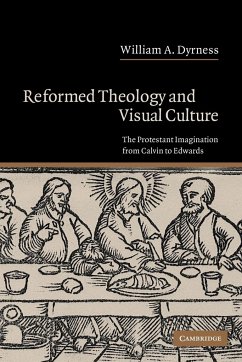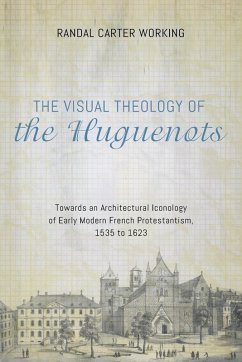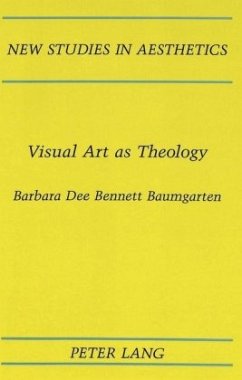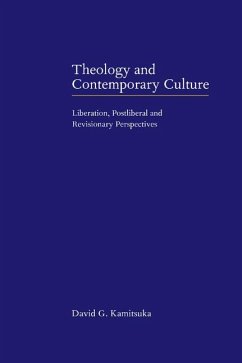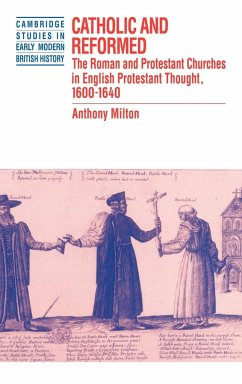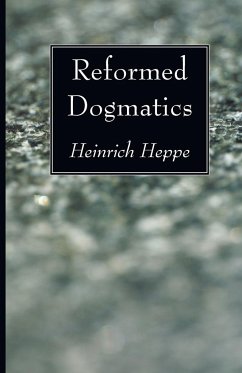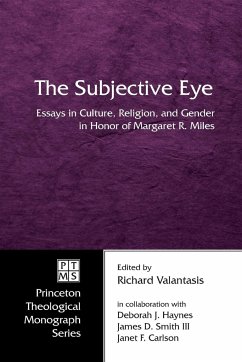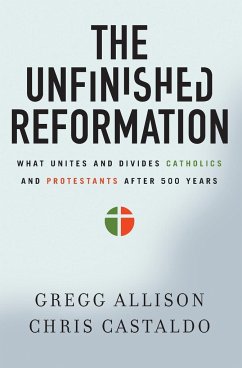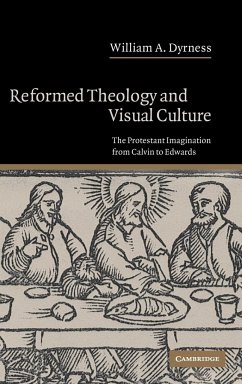
Reformed Theology and Visual Culture

PAYBACK Punkte
61 °P sammeln!
William Dyrness explores the roots of Reformed theology from sixteenth-century Geneva to seventeenth and eighteenth-century Puritan New England. Though this tradition impeded development of particular visual forms, Dyrness argues that it encouraged others, especially in areas of popular culture and the order of family and community. Exploring the theology of Calvin and others, Dyrness demonstrates how the tradition created a new aesthetic of simplicity, inwardness and order to express underlying theological commitments.





